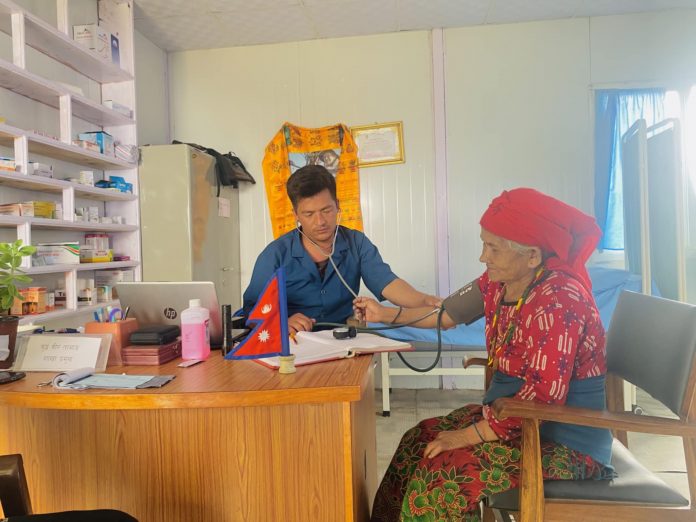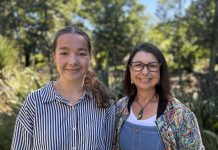
A small shop in Temuka continues to keep communities in Nepal well.
Trustee Marg Stocker said the Sherpa Shop had continued to provide medical support to the Sherpas in remote areas of Nepal.
Mrs Stocker said despite inflation, the shop’s prices had remained consistent.
While they made sure customers in need were looked after, there were others who popped in for a chat and simply left a donation.
Trustee Colleen Winnington said she sold a set of cups recently, asking for $3 but was given $10.
Mrs Winnington said the store’s only overhead was the petrol for the generator.
The organisation made over $30,000 a year, which included proceeds from second-hand goods, presentations from trustees and from recycling aluminium cans which were collected from local holiday parks and delivered to a wool fadge behind the store.
A worker at Fonterra had started collecting cans from the factory and delivering them.
Mrs Stocker’s brother in Christchurch had a ‘‘whole network of people’’ collecting cans there.
She said there were thoughts they might make $2000 this year in cans alone.
Over the years, volunteers had thought to collect from local pubs, but with limited volunteers it was not feasible.
She said she would not turn down any offers of aluminium cans being delivered from nearby restaurants.
‘‘If they were to collect them into fadges and bring them here.’’
The money raised had been spent wisely over the last year.
The organisation had paid for a nurse to be trained in eye care, and purchased equipment for him, so now he could prescribe spectacles or diagnose eye conditions.
‘‘He’s been hugely valuable to what we are doing.’’
Two new trustees had been appointed this year.
‘‘Younger than us, considerably younger.’’
One was the daughter of George Hunter, a founding member of the Forgotten Sherpas of Nepal Trust.
She had upgraded the website, so if customers did not have time to pop in and fossick through the store, they could donate there.
Mrs Stocker was retired, but she said volunteering her time to the organisation was definitely worth it.
‘‘We get so much back from seeing improvements.’’
She said when she visited Nepal now and saw the improvements, with two big clinics and two satellite clinics, it was quite humbling.
‘‘They want to give to you also — with their welcomes.’’
Mrs Stocker had donated a shipping container to the trust so the store could take bigger things like items of furniture.
If someone wanted to donate furniture, she encouraged them to contact the staff first, as they would not want to prevent access to the shop.
Mrs Winnington said they preferred donations which were in a clean and usable condition.




